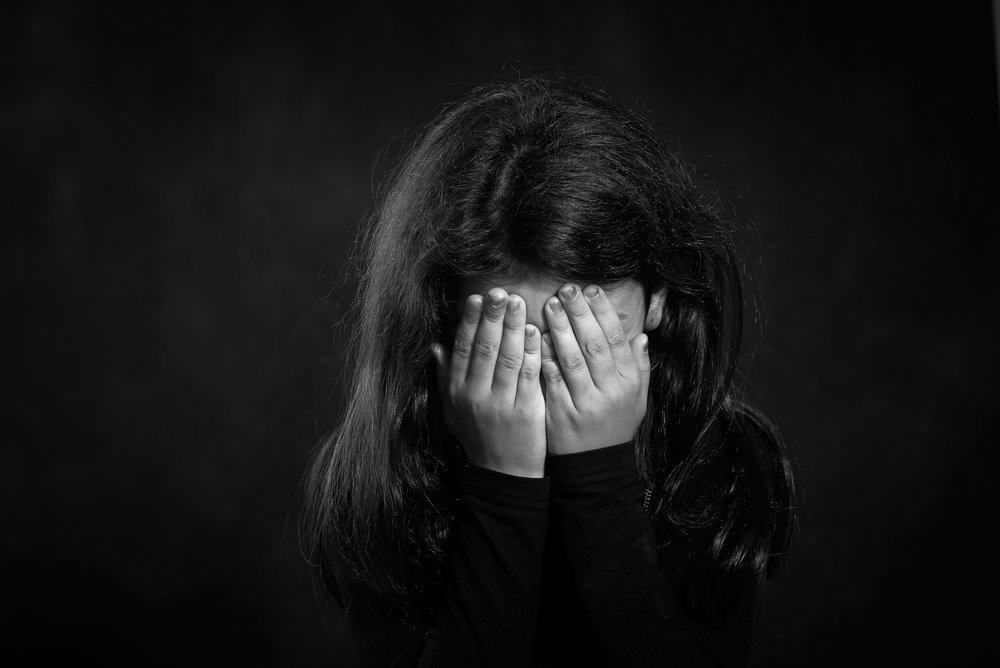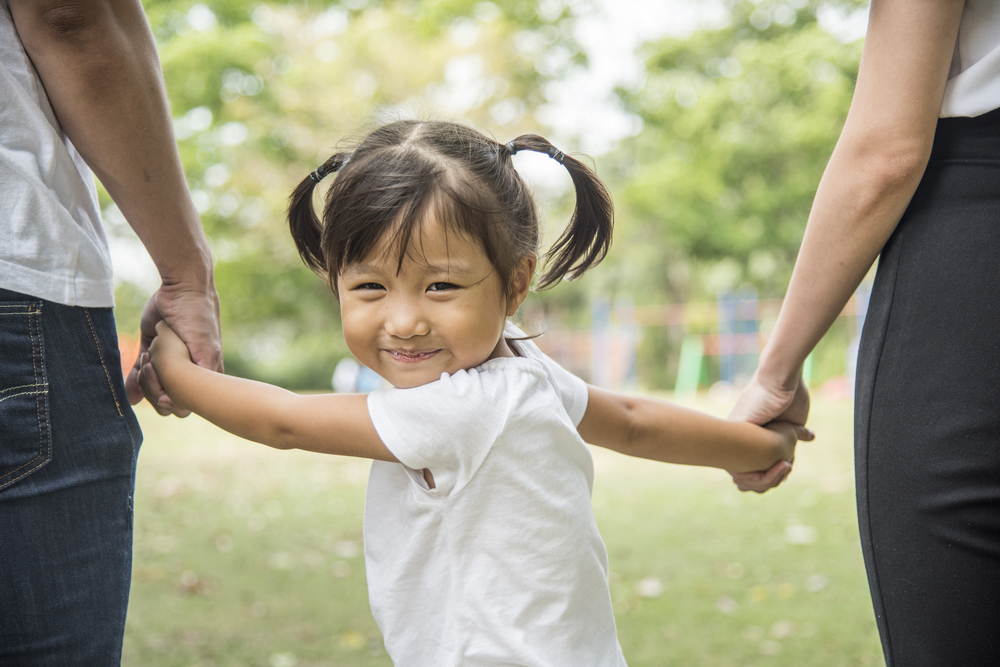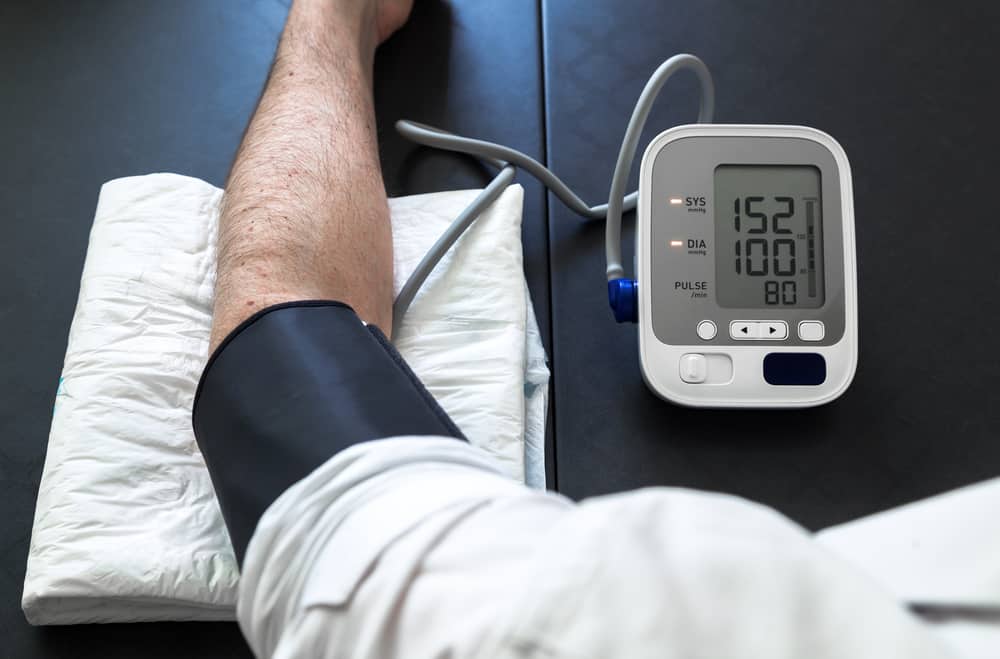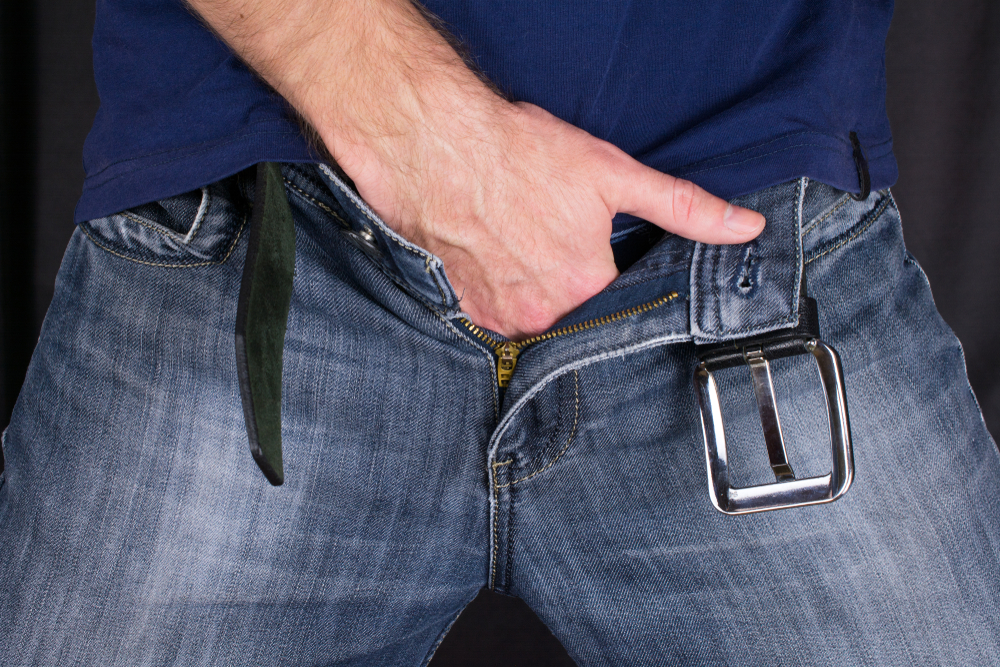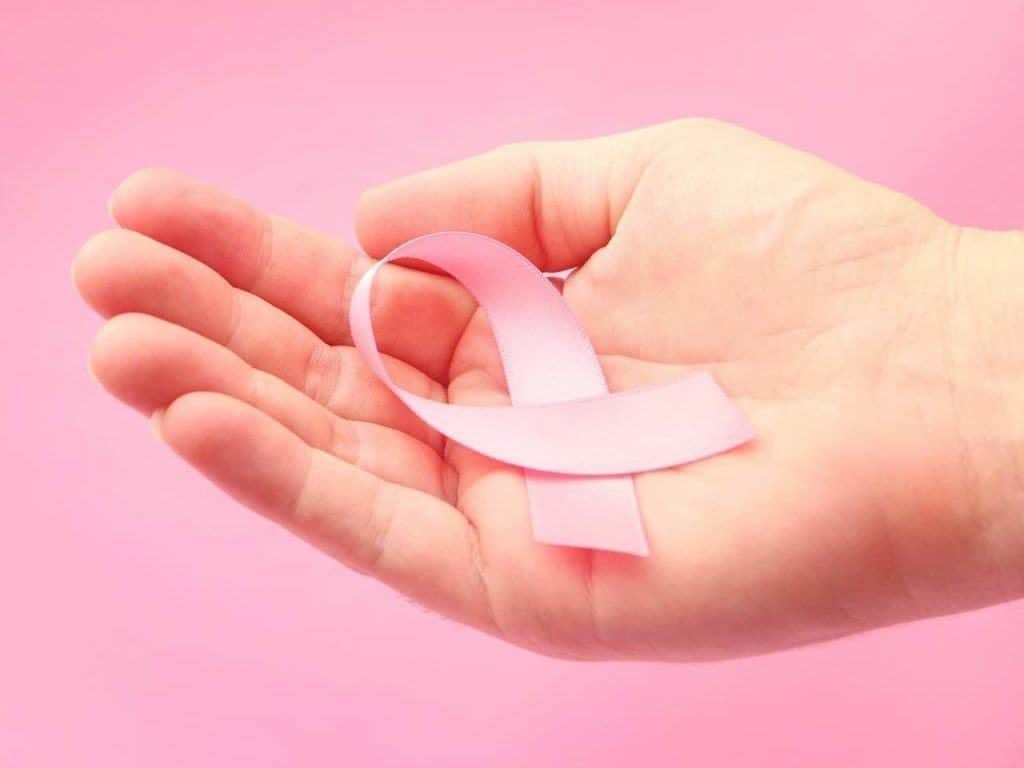Contents:
- Medical Video: Signs of Sexual Abuse - trigger warning
- Understand the fear of children after experiencing sexual abuse
- The child's ability to express events of abuse or violence, based on age
- How to talk to children to explore the possibility of sexual abuse
- After the child acknowledges sexual abuse, what should be done?
- 1. Stay calm
- 2. Believe what the child says
- 3. Restore security to children
- 4. Don't let children blame themselves
- 5. Be careful about expressing anger
- 6. Ask for expert help
Medical Video: Signs of Sexual Abuse - trigger warning
As a parent who has been aware of the signs of sexual abuse in your child, surely you will have difficulty accepting the situation. However, do not let you lose control and make your child feel more guilty. First, calm yourself down and investigate what really happened by asking your child about the series of events he has experienced.
However, before you give a question, there are a number of things you need to know about your child's psychology.
Understand the fear of children after experiencing sexual abuse
Children who have experienced any form of sexual violence will have various fears that make it difficult for them to share their experiences, such as:
- Afraid that the perpetrator might hurt him or his family
- Fear of people will not believe and instead turn to blame him
- Worried that parents will be angry or disappointed with them
- Fear that by disclosing the incident, he will disturb the family, especially if the perpetrator is a close relative or family member of his own
- Fear that if you tell him he will be taken and separated from the family
The child's ability to express events of abuse or violence, based on age
Babies (0-18 months)
At this age, children cannot reveal physical or sexual violence against them. Cases can only be proven if there are eyewitnesses, the perpetrators confess themselves, or there are sexually transmitted diseases, sperm, or semen during the examination.
Toddlers (18-36 months)
This age group is the most common group to be persecuted. Because their communication is still limited, they will not be able to report violence and abuse that happened to him. They may imitate sexual acts with their own bodies, with other children, or with puppets. Toddlers cannot properly sort the time and place of the incident. Only a few children from this age group know the treatment that may and may not be done on their body parts.
Toddler (3-5 years)
This age is also a common age for cases of physical and sexual violence. Their ability to give testimony is very limited. They tend to have concrete thoughts with an egocentric world so that during interviews, they cannot conceptualize the mind and will also be easily disturbed and tend to say "do not know".
Elementary School Age (6-9 years old)
At this age, they have been able to hide facts from parents in a more convincing way and are also able to keep secrets of sexual violence experienced by him. This is because they have been associated with teachers, friends and others, so they have more information that what they have experienced is something bad.
This age group has been able to fully tell events, such as the place and time of the incident. However, fear of the offender, confusion, shame, fear of being scolded, and fear of going to prison are factors that make them lie.
Puberty (9-13 years)
Pre-teens are usually more comfortable with interviewers of the same sex. Not only do they feel uncomfortable with sexual abuse, but they also tend to be awkward and aware of what their body has experienced. The hormones that develop in themselves will make them frustrated and cry sobbing for no apparent reason. The worst possibility is when they begin to challenge their acceptance in the social environment by doing rebellious things such as stealing, abusing drugs, and leading to free sex.
Adolescents (13 years and above)
They will have difficulty in accepting the fact that they need help, whether through counseling, law, medical, etc. Freedom is highly upheld by them, they do not want to depend on parents emotionally, so interviews will be more difficult. The worst possible thing they will do due to sexual violence is aggressive behavior, failure in school, promiscuity, using drugs, and suicide.
How to talk to children to explore the possibility of sexual abuse
If you are worried about a case that befalls your child, talk to him. However, keep in mind to avoid intimidating conversations, so that children will be more open to you. Especially for toddlers and toddlers, the questions asked must be more specific and avoid questions with "yes" or "no" answers.
Choose the time and place carefully
Choose a comfortable room and avoid talking in front of someone who will disturb the child's comfort.
Keep your tone relaxed
If you start a conversation in a serious tone, this can scare the child. They will tend to answer with the answers they think you want, and not the actual answers. So, try to make the conversation more relaxed. Tones that are not too serious will help you to get accurate information from your child.
Talk directly with children
Use the vocabulary that suits your child, but look for words that have a lot of meanings like, "Did someone touch you?". The word "touching" can have another meaning, but this word is familiar to your child, so the child will respond with a statement or comment that can help you investigate this case such as, "Nothing, only the mother touched me while taking a shower," or, "You mean, like my cousin who sometimes touches me?" This is suitable for children who have not understood sexual harassment properly, so using the word "hurt" will not lead your child to give you the information you expect.
Listen and follow up on the child's answers
When your child feels comfortable talking to you, let him talk, then pause. After that, you can follow up on the points that make you feel worried.
Avoid judging and blaming the child
Avoid using questions and statements that begin with the subject "I", because it seems to blame the child. For example, if you are a father, then don't say, "Daddy was worried when he heard your story", but say it like this, "You told me something that made you worried ..."
Convince the child that they are innocent
Make sure your child knows that he or she will not be punished or scolded. Let your child only know that you are asking questions because they are worried, not because you are aware of the possibility of sexual abuse.
Be patient
Remember that conversations like this may be very frightening for children, because many actors threaten their victims about what happens if the victim notifies sexual violence that has been done by him. The perpetrator may threaten the victim with the lure of entering the victim into an orphanage, threatening the safety of the victim, or threatening people who are loved by physical violence.
After the child acknowledges sexual abuse, what should be done?
When children are open to you about sexual violence they experience, then there are some important things you must do:
1. Stay calm
Children will see your behavior as a sign that they will be fine. Sexual harassment can change a child's view of the world. However, regardless of how broken your heart is, you must convince your child that he will be fine, and say that he is not a "damaged item".
2. Believe what the child says
There must trust all of your child's words. The trust you give will make him know that you love him and will help him anytime.
3. Restore security to children
Restoring security is very important. Sexual violence on children can make him lose control, so parents must provide protection to children. You can also help your child feel safe by showing your willingness to protect his privacy.
4. Don't let children blame themselves
Make the child believe that it was not him who caused the event. Say that he cannot be blamed because he does not know that the event will occur. Many parents also blame children for hiding the event or not telling it sooner. Remember, children have their own psychological burden such as the kinds of fears they have described above.
5. Be careful about expressing anger
Anger is normal when you find out that your child has experienced sexual violence. However, your anger can cause children to blame themselves for making you angry. So, find a place far from your child to express your anger.
6. Ask for expert help
Many people are tempted to deal with this problem themselves. However, it can become a new problem that can later isolate your child in need of support. Ask psychologists for sexual violence for children for help to begin the journey to recovery.
READ ALSO:
- How to Teach Children to Protect Themselves from Sexual Violence
- Sexual Violence in Children with Potential Heart Disease in Adults
- Did you know, the effects of bullying can actually be more dangerous than violence in children?

